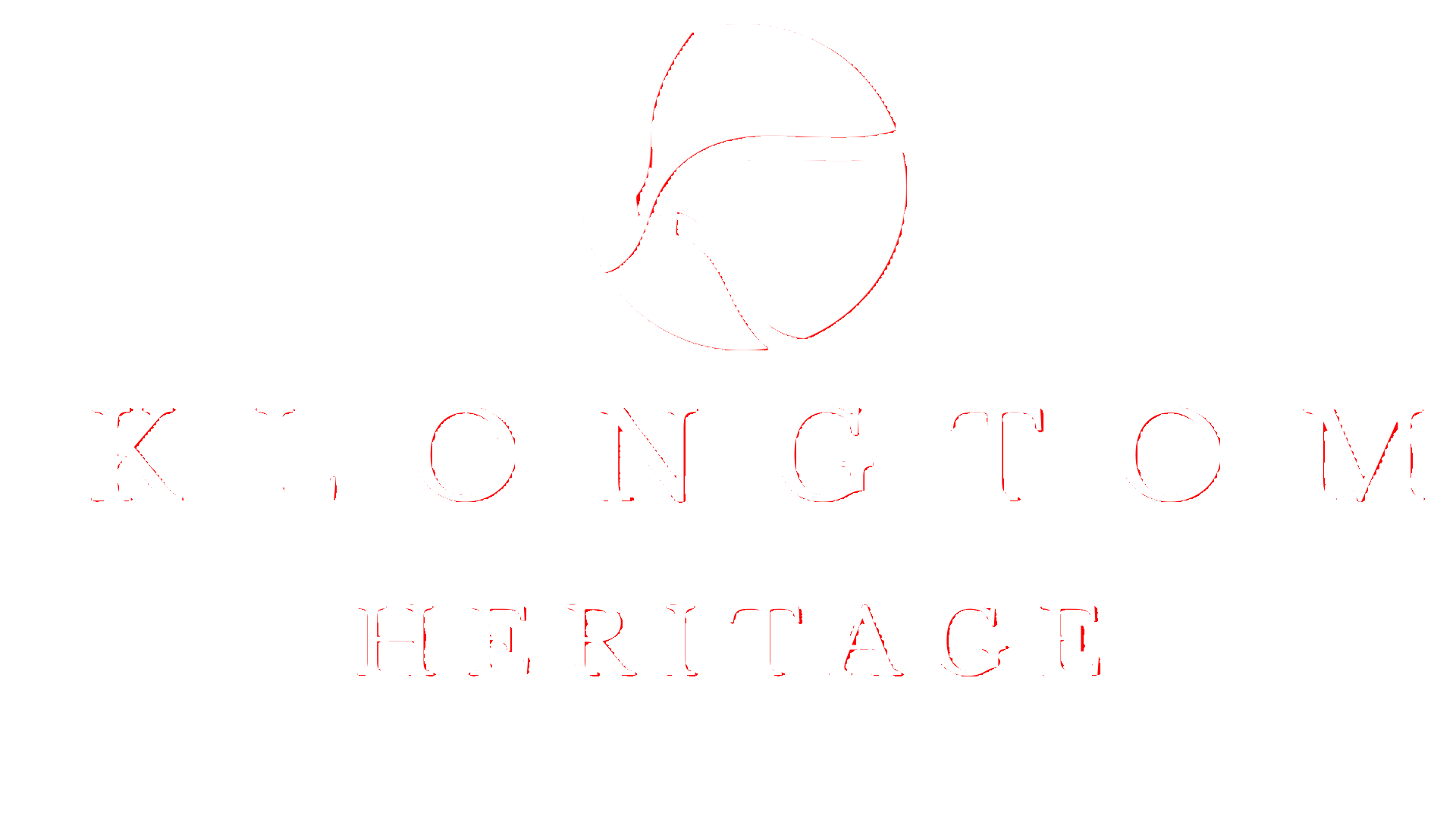Southeast Asia: Aging with Fewer Resources
Unlike Europe or America, Southeast Asia is aging before it becomes wealthy. Thailand, Malaysia, and Vietnam face rising eldercare needs without the same financial cushion, making innovative health real estate crucial.
Southeast Asia is aging rapidly, with Thailand, Vietnam, and Malaysia projected to reach “aged society” status within the next two decades. Unlike Europe or the U.S., however, this demographic transition is happening before these countries achieve high-income status . Thailand is expected to become a “super-aged” society by 2031, with more than 20% of its citizens over 65. Malaysia is on track to reach the same milestone by 2044, while Vietnam is aging even faster due to falling fertility rates.
The challenge is providing eldercare and health services with limited fiscal resources. Pension coverage remains incomplete, and healthcare systems are under strain. This gap has accelerated private investment in health real estate —integrated retirement estates, medical wellness resorts, and senior living communities designed to cater to both domestic populations and international retirees.
For Southeast Asia, aging is both a crisis and an opportunity: while public budgets are stretched, the private sector is stepping in with innovative models that blend healthcare, housing, and wellness tourism.
